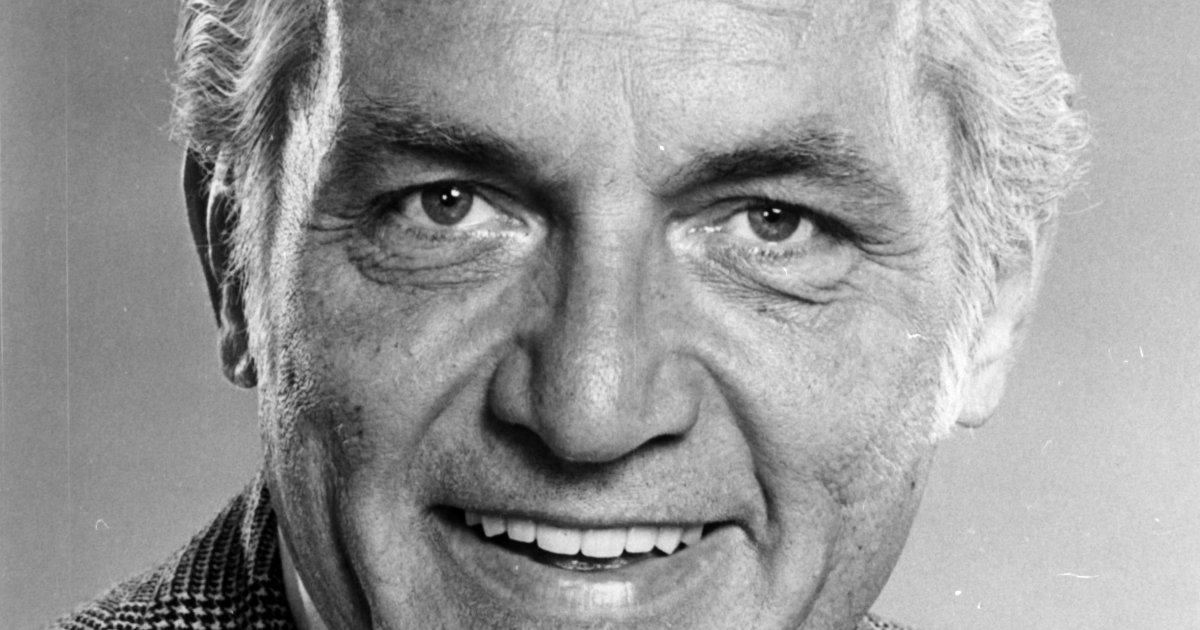Actor Ted Knight, who portrayed Ted Baxter on The Mary Tyler Moore Show for seven seasons, died of cancer 35 years ago today. The silver-haired Emmy Award-winner was 62 years old.
“I’ve really wanted to shake Ted Baxter,” Knight said in a 1981 interview of his wildly popular character that made him a household name. “But people want to see that character. Ted Baxter gave the whole world a superiority complex.”
Read MoreRelated: The Toughest Conversations: Losing a Spouse to Cancer
The former radio DJ and announcer was a team player within his craft, and was known as a fan of this phrase: “Success is empty unless it is shared; it is meaningless unless achieved without coercion, injury or pain to others.”
View this post on Instagram
Ted Knight’s Cancer Battle
Although it is unclear what type of cancer that Knight was diagnosed with initially, the cancer recurred and then spread to his bladder. He had a cancerous growth removed from his urinary tract the year before his death and then returned to the hospital months later due to surgery complications and died just weeks after.
As we remember Ted Knight and how he lost his fight to this disease, we also have to keep in mind that so much has changed since the 1980s and even since the early 2000s when it comes to cancer. People are living with cancer and surviving cancer more than ever before as the medical field continues to evolve, discovering more and more treatments and improving procedures.
“There has never been a time of greater excitement in the cancer field,” Dr. Heather Yeo from Weill Cornell tells SurvivorNet in a previous interview.
Related: American Life Expectancy Goes Up Decline In Cancer Deaths A Major Factor
Deaths from cancer went down 26% in the years between 1991 and 2015. The percentage of American adults who smoke cigarettes, obviously a leading cause of cancer, has gone from 42% in 1965 to 14% today and continues to decline. This information comes in a report to Congress from the American Association for Cancer Research (AACR), the world's first and largest organization "dedicated to advancing cancer research and its mission to prevent and cure all cancers." The report says the decline of the cancer death rate, which has been going on since the 1990s, translates into almost 2.4 million cancer deaths avoided.
Many experts believe the reduction in deaths is the payoff from research started in 1971 with the passage of the National Cancer Act. Dr. Michael Kastan, executive director of the Duke Cancer Institute says, "Investment into basic science and clinical research led to a tremendous increase in our understanding of what causes cancer and how cancer cells differ from normal cells. These insights led to more effective approaches to prevention (especially smoking cessation programs), more effective screening programs (including colonoscopies, mammography, and PSA testing), and more effective and less toxic treatments. "
The Revolution in Cancer: Remarkable 26% Decline in Deaths, $80 Billion a Year for Care
How to Cope When Recurrence Rattles Your Faith
Learn more about SurvivorNet's rigorous medical review process.


